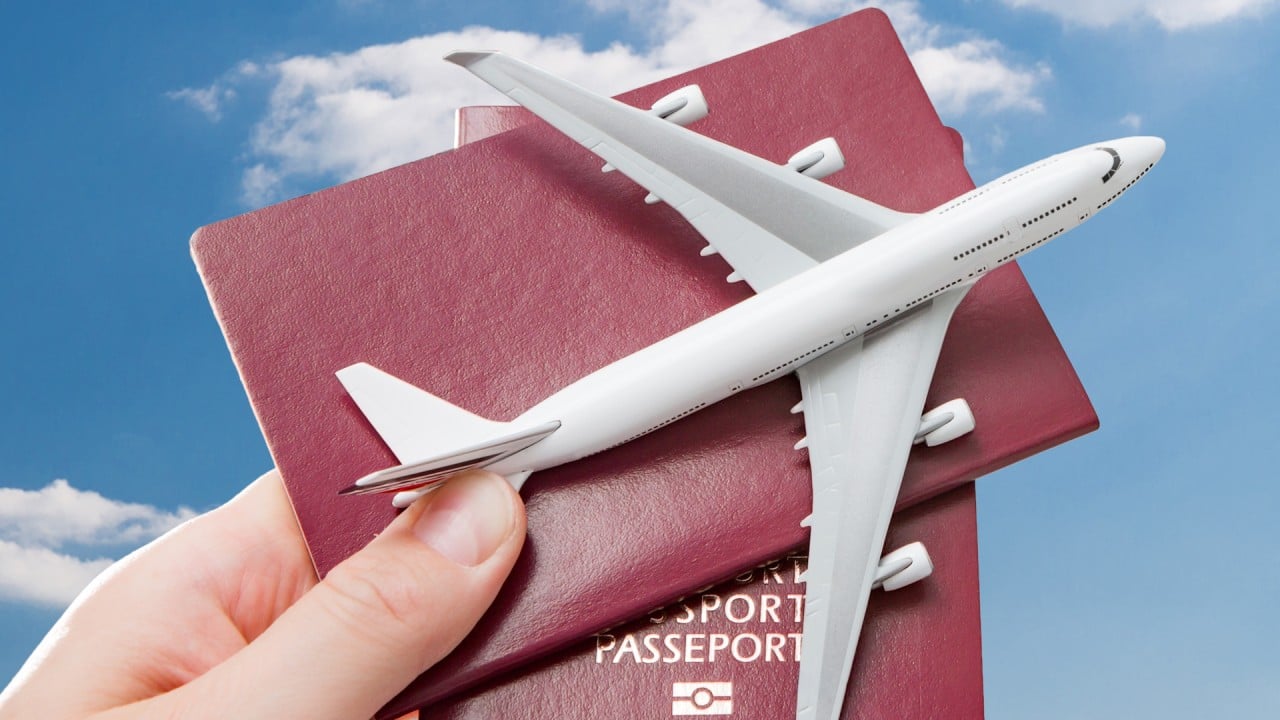Beijing’s embassy in Washington accused US authorities of “unwarrantedly” interrogating, harassing, cancelling the visas of and even deporting several students from China with valid travel permits upon their arrival at Dulles International Airport near the US capital.
In a statement on Monday, the embassy said the students had been returning to the US after holidays in China, trips to a third country or travelling there for their first year of university but were subjected to lengthy questioning and scrutiny of their electronic devices upon arrival.
Communist Party diplomat Liu Jianchao steps up role in China’s foreign policy drive
Communist Party diplomat Liu Jianchao steps up role in China’s foreign policy drive
Some students were detained for more than 10 hours and not allowed to contact anyone during that time, according to the embassy.
“The practices of US border enforcement officials have seriously impacted the Chinese students’ academic pursuits and caused great psychological harm,” the Chinese embassy said, adding that they had made “solemn representations” to Washington.
The complaint came as the two powers have been taking steps to stabilise the relationship, with calls for restoring people-to-people exchanges as a key part.
China to simplify visa applications for US tourists
China to simplify visa applications for US tourists
During the meeting between US national security adviser Jake Sullivan and top China diplomat Wang Yi in Bangkok, Thailand last week, the two sides agreed to “take further measures to expand people-to-people exchanges between the two countries”, according to a Chinese statement on Saturday.
But on Monday, Beijing’s embassy accused the US of violating the consensus reached between the two leaders and significantly undermining the rights of Chinese citizens with groundless interrogation and deportations.
“We strongly urge the US side to stop erroneous actions … and to earnestly implement the consensus reached by the heads of state of both countries,” the embassy said.
It also warned prospective students from China to “be cautious” before choosing to enter the US through Dulles International Airport.
The airport, which is located in the state of Virginia and about 42km (26 miles) west of downtown Washington, has been carrying direct flights between the US capital and Beijing since 2014.
Flights linking the two capitals resumed on November 21 after being suspended for about three years due to the pandemic.
China, US leaders Xi and Biden exchange greetings on 45th anniversary of ties
China, US leaders Xi and Biden exchange greetings on 45th anniversary of ties
The embassy also advised Chinese students to record the information of the US customs officers they interacted with, request copies of any documents they were asked to sign, and preserve evidence in cases of unfair treatment, for use in subsequent complaints against US customs or to pursue legal measures.
Earlier this month, China’s foreign ministry accused the US of mistreating “tens” of Chinese nationals with valid travel documents and visas at the American border.
Ministry’s spokesman Wang Wenbin also urged Washington to cancel a “mistaken” executive order that prevented postgraduate students and researchers allegedly linked to the Chinese military from entering the US.
The order – Presidential Proclamation 10043 – was introduced on national security grounds during the Donald Trump presidency in 2020. It took effect on June 1 of that year and remains in force.
Chinese applying to US universities are walking into American complexities
Chinese applying to US universities are walking into American complexities
In an address to US business leaders in California in November, Xi said Beijing was ready to invite 50,000 young Americans to China for exchanges and studies in the next five years.
Some academic exchanges have taken place. A delegation of about 30 young scholars from Harvard Kennedy School travelled to several cities in China this month and met officials from China’s foreign ministry and representatives of the Chinese Academy of Social Sciences, the country’s leading state-backed think tank.



